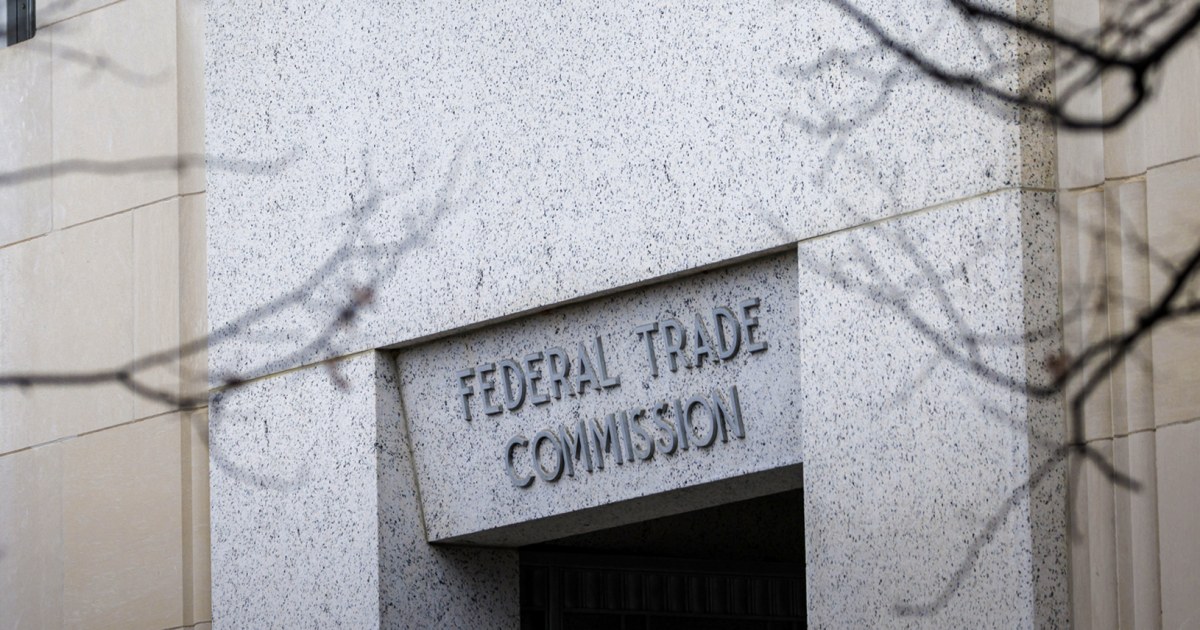Popular social media platforms and video streaming services pose serious risks to user privacy, with children and teenagers most at risk, the Federal Trade Commission found in a report published Thursday.
The report, which stretches more than 100 pages, details the data, advertising and recommendation-system efforts by these companies, and how they rely on information about users to sell ads. Users also “lacked any meaningful control over how personal information was used for AI-fueled systems” on the companies’ platforms, according to the report.
“While lucrative for the companies, these surveillance practices can endanger people’s privacy, threaten their freedoms, and expose them to a host of harms, from identify theft to stalking,” FTC Chair Lina Khan said in a press release.
The report includes staff recommendations calling for federal privacy legislation, as well as more efforts from companies to prioritize privacy in their data collection and recommendation systems. It also said parents should have more control over what information is collected from children and teenagers.
“Protecting users – especially children and teens – requires clear baseline protections that apply across the board,” the FTC said in the report.
The report comes as concerns about data collection, privacy and recommendation systems powered by artificial intelligence have become an increasingly bipartisan issue in an era of deep political divisions. Some legislation has moved forward, most notably the Kids Online Safety Act (KOSA) and the Children and Teens’ Online Privacy Protection Act (COPPA) 2.0, both of which have passed the Senate and recently advanced in the House Committee on Energy and Commerce.
“COPPA should be the floor, not the ceiling,” the FTC said in its recommendations.
The FTC initially ordered Amazon, Facebook and WhatsApp (now under Meta), Twitter (now X), ByteDance, YouTube, Reddit, Snap and Discord to provide data about how the companies collect and use personal information from their users in December 2020.
The report examined 13 platforms owned by the companies, including Twitch, Facebook, Messenger, Kids Messenger, Instagram, WhatsApp, X, TikTok, YouTube, YouTube Kids, Snapchat, Reddit and Discord.
The report found that companies engaged in “vast surveillance” by collecting and retaining personal information about consumers, whether or not they are users of the companies’ platforms. Some companies purchased this information from data brokers, according to the report.
Representatives for Amazon, X, ByteDance and Reddit did not immediately respond to requests for comment.
Kate Sheerin, head of U.S. and Canada public policy at Discord, said that the FTC report is an “important step,” but stated that it “lumps very different models into one bucket and paints a broad brush, which might confuse consumers and portray some platforms, like Discord, inaccurately.”
Sheerin disputed the report’s claim that user privacy concerns “stem from a business model that varies little across these nine firms.”
José Castañeda, spokesperson for Google, of which YouTube is a subsidiary, said the company does not sell people’s personal information or use sensitive information to serve ads.
“We prohibit ad personalization for users under 18 and we don’t personalize ads to anyone watching ‘made for kids content’ on YouTube,” Castañeda said.
Representatives for Snap and Meta declined to comment on the report.
The privacy of children and teens were not adequately protected on these social media platforms and streaming services, according to the report.
The FTC wrote that companies attempted to avoid liability under COPPA, which regulates the collection of data from children under 13, by claiming “that there are no child users on their platforms because children cannot create accounts.”
However, children and teens are known to be on social media, and the FTC wrote that companies “should not ignore this reality.”
The report found that teen accounts were treated the same as adults by most companies, which puts their privacy and mental health at risk, according to the report.

